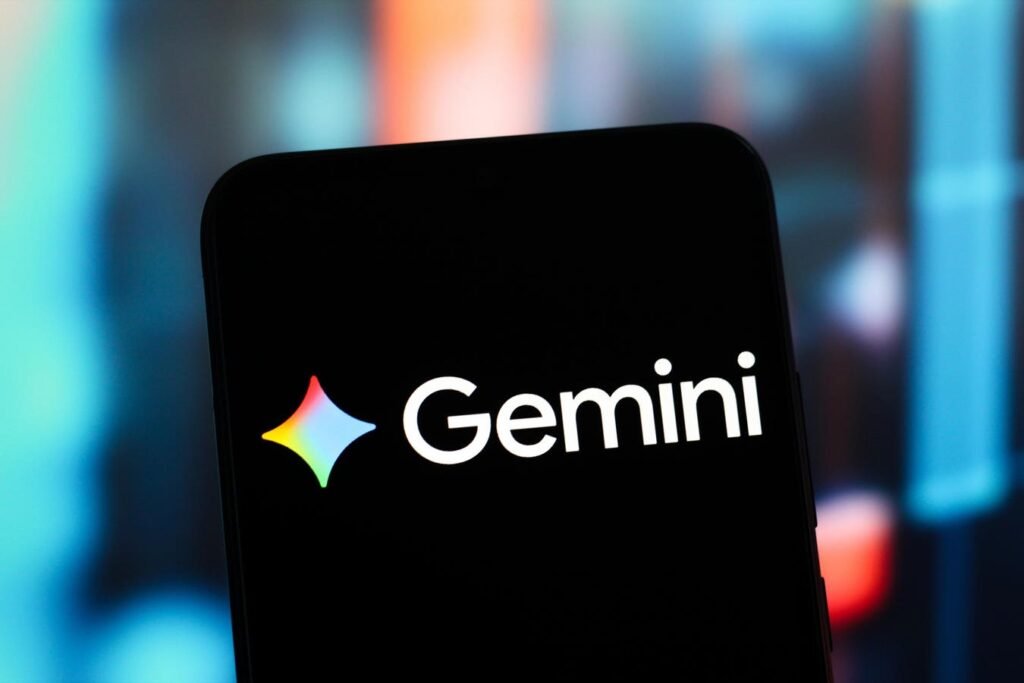CANADA – 2025/07/04: In this photo illustration, the Google Gemini AI logo is seen displayed on a smartphone screen.
SOPA Images/LightRocket via Getty Images
Google introduced Gemini 3, its latest AI platform, with enhanced capabilities for deeper reasoning, antigravity agents, and native multimodality. These advancements can greatly benefit healthcare CIOs by addressing longstanding clinical and operational challenges. The following examples demonstrate how Gemini 3 can support real-world tasks within healthcare organizations.
Deep Think
Healthcare leaders can leverage Gemini 3’s deep thinking feature to tackle intricate decision-making issues that demand thorough analysis. While clinical reasoning is crucial for patient care and research scenarios, deep thinking can also be applied to operational enhancements. A prime example is managing complex patients, where deep thinking proves to be invaluable.
- Complex Patient Cohort – If your healthcare system operates across multiple locations with varying EMRs and third-party applications, Gemini 3 can assist in evaluating complex patients across the organization. By collating comprehensive medical histories, imaging reports, lab results from different sources, and health exchange data, the agent analyzes this information to streamline case management review for complex patient cohorts. This analysis enables quicker data navigation, aiding case managers in defining next steps, controlling patient care costs, and enhancing care quality.
Antigravity Agent
The antigravity agent’s strength lies in its ability to automate workflows across different software applications. Particularly beneficial in revenue cycle and patient access areas, this agent can expedite processes in environments with multiple third-party solutions. Here’s a revenue cycle enhancement opportunity for healthcare CIOs.
- Revenue Cycle Enhancement – Healthcare systems encounter claim denials regularly, and an antigravity agent can streamline the entire process. In cases of denied claims due to coding errors or missing authorizations, the agent can swiftly address the issue by accessing relevant systems, updating codes, retrieving authorizations, and resubmitting claims without human intervention. This automated workflow minimizes delays and errors, optimizing revenue cycle management.
Multimodality
Gemini 3’s native multimodality enables it to interpret and act on various data formats simultaneously, including images, text, audio, video, and code. As ambient solutions gain popularity in healthcare, a Gemini 3 agent can analyze diverse data sources, review medical histories, radiology reports, and telemedicine consultations, and recommend appropriate actions or appointments seamlessly.
With the rapid advancement of AI in healthcare, Gemini 3 showcases the potential for improving care quality, operational efficiency, and addressing longstanding challenges. Healthcare CIOs who embrace these tools early on can leverage them to enhance patient care, streamline operations, and bridge existing gaps in healthcare delivery.


